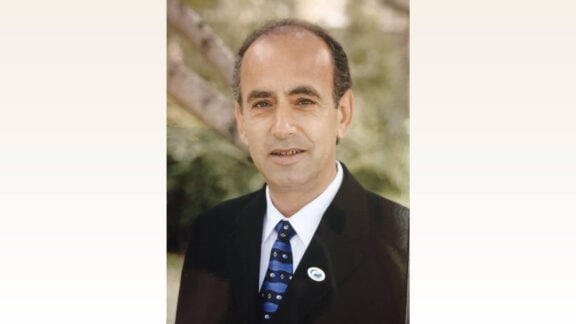Government officials are to receive representatives of Greece’s international creditors in Athens on Wednesday for talks on reform commitments and the state of the country’s finances.
Finance Minister Euclid Tsakalotos is to meet twice on Wednesday with envoys from the so-called quadriga – the European Commission, the European Central Bank, the International Monetary Fund and the European Stability Mechanism.
The first meeting, which will also involve State Minister Alekos Flambouraris, is to begin at 9 a.m. and will focus on the reforms that Greece must implement to unlock rescue loans.
The second meeting, which is to start at 6 p.m., is to focus on financial and fiscal affairs, the budget for 2016 and tax matters. Alternate Finance Ministers Giorgos Houliarakis and Tryfon Alexiaidis are also set to attend. Both meetings will take place in “a central Athens hotel,” a Finance Ministry official said.
The measures linked to Greece’s third bailout amount to some 7 billion euros for next year alone, chiefly from tax increases and an overhaul of the pension system.
Prime Minister Alexis Tsipras and his close aides are said to have been bothered by the fact that certain ministers expressed their opinions publicly on contentious reforms, notably on how the pension system should be overhauled.
Meanwhile an experts’ study of Greek pensions has been all but rejected by the government, which appears to regard it as too harsh.
Labor Minister Giorgos Katrougalos, who in a late-night interview on Monday heralded a major overhaul of the pension system, foreseeing one state-paid pension of around 390 euros and a second comprising a worker’s social security contributions, backtracked on Tuesday.
After his comments fueled fears that auxiliary pensions would be axed, Katrougalos said he had expressed his own opinions and the government’s stance would be clarified in the coming days.
Officials have been instructed to keep their thoughts to themselves as top ministers prepare to discuss with foreign auditors Greece’s proposals for alternatives to contentious fiscal policy measures.
Source: Kathimerini








